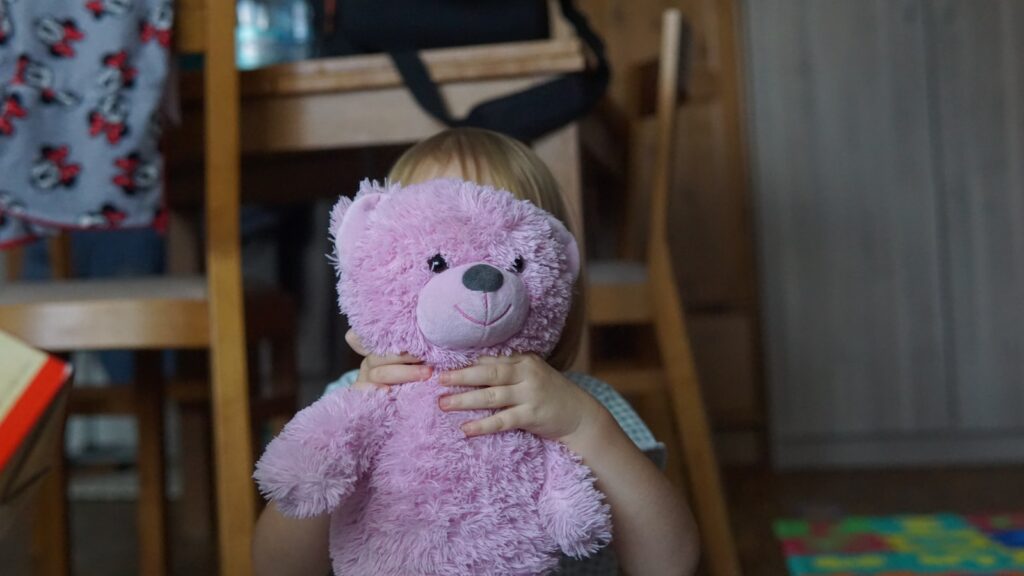Your home once followed a set of simple, unspoken rules that guided everyday life and manners. Over time, many of these guidelines have faded from memory as lifestyles and social norms evolved.
Understanding these old home rules offers insight into how families lived and interacted in the past, helping you appreciate how much has changed. You might be surprised at how different home life used to be and how some of these forgotten traditions shaped daily routines.
No hats worn indoors
You used to be expected to take your hat off as soon as you stepped inside a home. This rule showed respect and kept dirt from spreading indoors. For gentlemen, removing hats was especially important.
Women, however, sometimes kept dress hats on during special occasions, like weddings or religious services. But for everyday visits, hats coming off was the polite norm.
Today, it’s less strict, but many still follow this to avoid seeming rude. When in doubt, removing your hat indoors is a simple way to show respect and fit in with old-school manners.
Whistling after dark was forbidden
You might be surprised to learn that whistling after dark was once a strict no-no. Many cultures believed it could attract unwanted spirits or bad luck.
In some towns, like Bisbee, Arizona, it was even illegal to whistle after sunset. People thought keeping quiet at night helped avoid ghosts and other eerie visitors.
Today, you can whistle freely without worry. But back then, silence after dark was seen as a way to keep your home safe and peaceful.
Always greet elders first
In past decades, it was expected that you always greet elders before anyone else. Whether you entered a room or met family members, you would approach older adults first.
This simple act showed respect and acknowledged their place in the family. It wasn’t just polite; it was an important part of household rules.
You might have been taught to offer a handshake, a nod, or even a simple “hello” as soon as you saw them. It set the tone for how you treated everyone else afterward.
Today, this rule reminds you to pause and recognize the wisdom and experience elders bring to your life.
Shoes off at the door
You probably remember when taking your shoes off at the door was just a given. It was a simple sign of respect and helped keep homes clean.
Back then, streets were dirtier, and shoes tracked more grime inside. Removing them stopped dirt and bacteria from spreading around your living space.
If you want to bring this rule back, create a cozy spot near the entrance for shoes. A shoe rack or bench makes it easy and comfortable to slip off your shoes as soon as you walk in.
No TV during dinner
You probably remember the rule: no television during mealtime. This was to encourage real conversation and connection with your family.
Without the TV, dinner became a chance to share your day and listen to others.
It wasn’t just about eating; it was about being present with the people around you. You learned to focus on your meal and your family, rather than distractions on a screen.
Today, this rule might feel unusual, but it helped build stronger family bonds and made dinners more meaningful.
Weekly family chores mandatory
You probably remember when everyone in the family had specific chores every week, no exceptions. This rule made sure the house stayed clean and that everyone shared the responsibility.
Assigning tasks like vacuuming, laundry, and cleaning bathrooms on a weekly basis helps keep clutter under control. It also teaches everyone how teamwork really works.
By sticking to this routine, you avoid last-minute messes and frustration. Plus, you make sure no one feels left out or overwhelmed.














